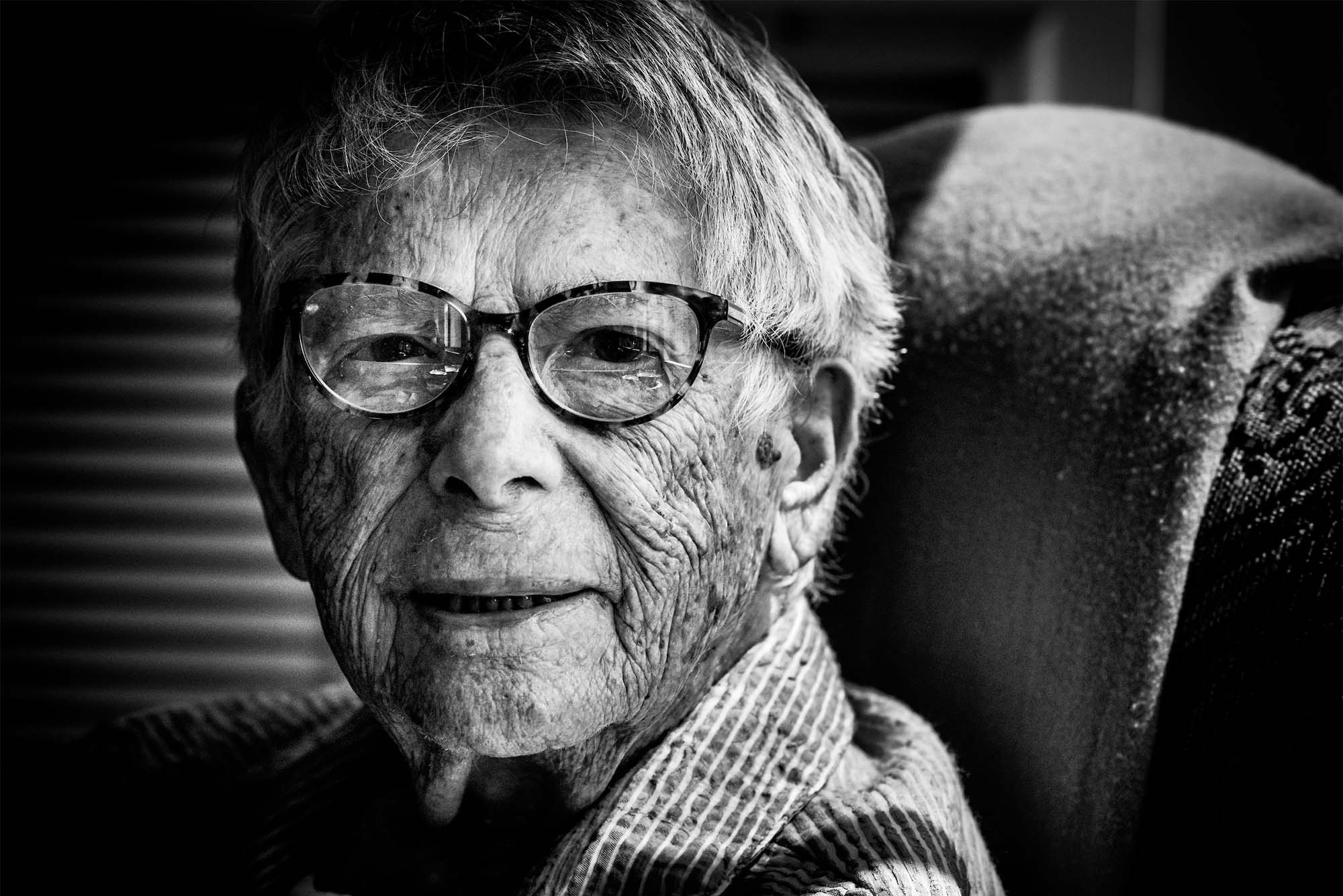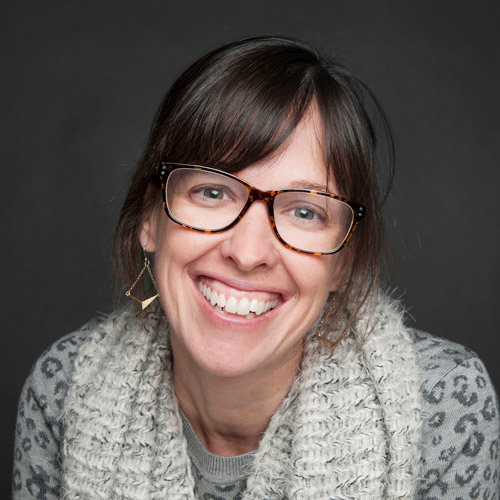Retired SSW Professor Millie Flashman, Passionate About Working with Couples and Families, Dies

Millie Flashman (PAL’43, SSW’45) taught casework and human behavior to MSW students.
Retired SSW Professor Millie Flashman Was Passionate About Working with Couples and Families
Alum also participated in BU’s New England Centenarian study later in life
MILDRED “MILLIE” FLASHMAN (PAL’43, SSW’45), who spent much of her professional career on the BU School of Social Work faculty and who enrolled in the University’s New England Centenarian Study at the age of 100, died October 3, 2024. She was 102.
Flashman, who grew up in Boston, earned a degree from BU’s now-closed College of Practical Arts and Letters and a master’s at SSW. She worked with family agencies before returning to the school to organize and supervise a student unit in the psychiatric clinic at what is now Boston Medical Center, the University’s primary teaching hospital.
An SSW professor emerita, Flashman spent 36 years at SSW, teaching casework and human behavior to MSW students. Her passion was working with couples and families, and she was a charter member of the American Family Therapy Academy, an organization of teachers and researchers in the field. She was the architect of a historically strong emphasis on family therapy at SSW. She created the Family Therapy Certificate Program and helped attract donors like the Hurwitz family who, for many years, funded the annual SSW Family Therapy Symposium, which brought together hundreds of practitioners and linked the school to the larger family therapy community. She retired in 1991.
“Millie taught the basics of social work practice, as well as advanced work, to thousands of social workers, including me,” says Betty J. Ruth, an SSW clinical professor emerita. “Her Intro to Casework course in fall of 1982 set me on a solid professional course. Though I came in with little clinical experience—many in the class did not—Millie started us off with, ‘How do we greet a client? How do we even say hello? How can we convey authenticity and trustworthiness right away?’ She was, of course, able to teach authenticity and being ‘real,’ because more than anything else, she was a genuinely kind and authentic person who lived her values. Millie was comfortable in her own skin.
“I remember a conversation we had 10 years ago when we got to talking about loneliness,” Ruth recalls. “I asked her what she could share with me about that and aging into her early 90s and she said, ‘There are always friends to be made at every age, Betty. You must keep open to that, welcome it, and most of all be interested in others. I have made friends at every stage of my life. That is one of the surprising things I have learned about living a long life.’”
Flashman participated in BU’s New England Centenarian Study to help researchers better understand what factors lead to living to 100 and beyond. An article for BU’s The Brink noted her sharp memory, in addition to her longevity. Until the pandemic, she was still driving and taking classes, in person and on Zoom. She told The Brink she was glad to help the BU research. “I think that, you know, a good citizen would do that,” she said.
According to her obituary, “Millie was a ‘modern woman,’ prioritizing her career as a professor and social worker at a time when doing so did not comport with societal norms…. The path she chose allowed her to create a beautiful, rich life full of family, friendship, and intellectual and professional achievement.”

Comments & Discussion
Boston University moderates comments to facilitate an informed, substantive, civil conversation. Abusive, profane, self-promotional, misleading, incoherent or off-topic comments will be rejected. Moderators are staffed during regular business hours (EST) and can only accept comments written in English. Statistics or facts must include a citation or a link to the citation.